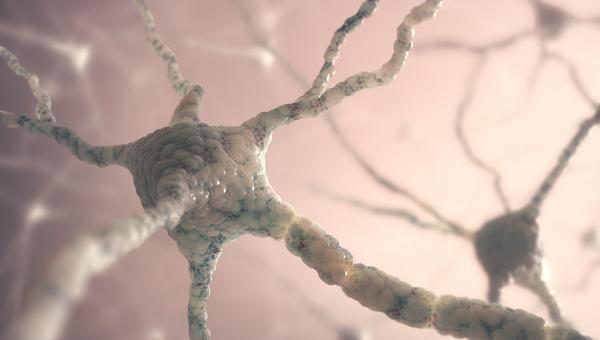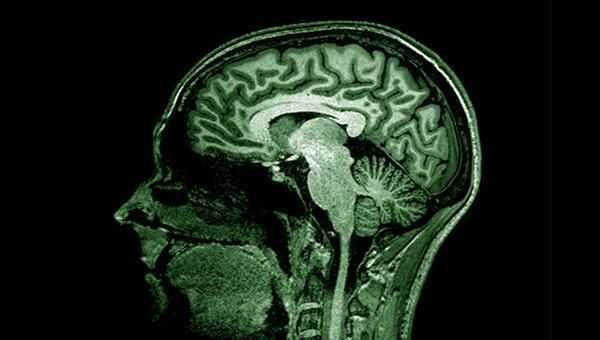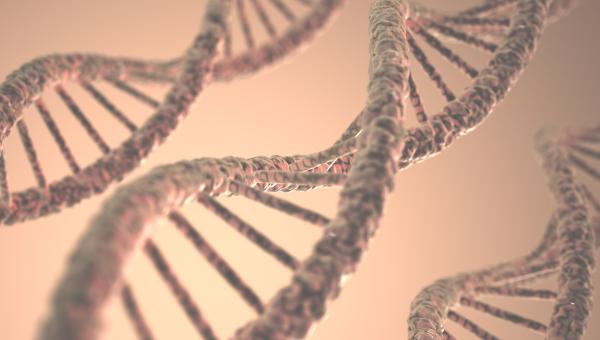
Groups and lines of research
Research at Barcelonaβeta Brain Research Center (BBRC) is organized into four highly collaborative research groups: the Clinical and Risk Factors for Neurodegenerative Diseases Research Group, led by Dr. Oriol Grau-Rivera; the Neuroimaging Research Group; the Research Group on Biomarkers in Fluids and Translational Neurology, led by Dr. Marc Suárez-Calvet; and the Genomics Research Group, led by Dr. Arcadi Navarro. These four groups are composed of multidisciplinary teams of clinicians and researchers who have extensive expertise in Alzheimer’s disease pathophysiology, genetics, data processing and analysis, fluid biomarkers, cognition, neurochemistry, and neuroimaging.
The BBRC’s research centers on the preclinical phase of Alzheimer's, an asymptomatic period before the onset of the first symptoms, when changes in the brain associated with the disease already occur. The main objective is to better understand the different biological processes of the disease in order to be able detect it early and design prevention programs that delay or stop the onset of symptoms. For this purpose, the BBRC extracts most of the data from the Alfa study, a research infrastructure composed by a cohort of nearly 3,000 cognitively unimpaired individuals, aged 45-75 years at baseline (2013-2014), most of them being first-degree descendants of Alzheimer’s patients.
The research groups benefit from the expertise of the External Scientific Advisory Board, composed of renowned researchers in the field of Alzheimer’s and other neurodegenerative diseases. Its members meet once a year with the site's scientific leaders to review the scientific strategy and production, and advise the director on critical elements to be focused on.













